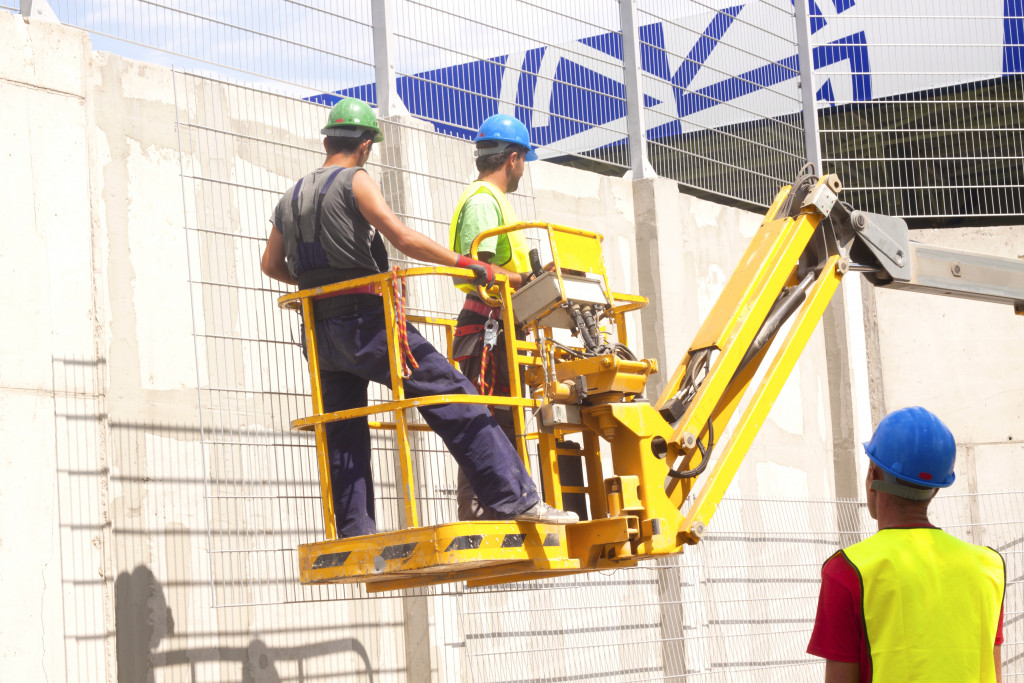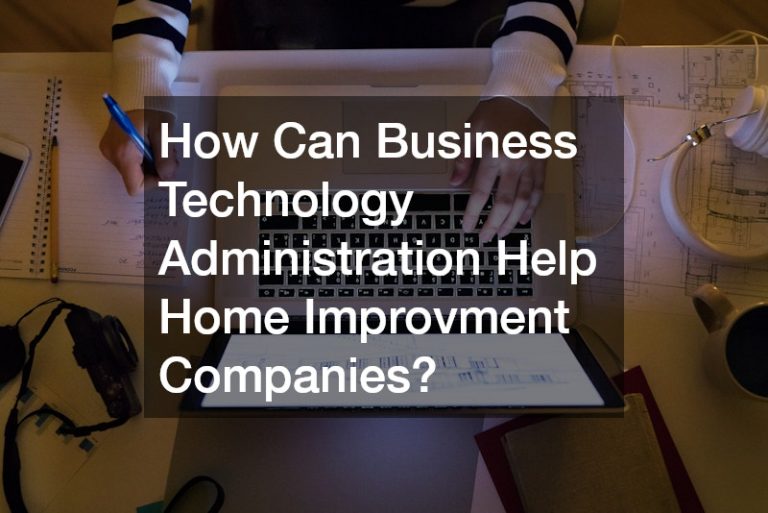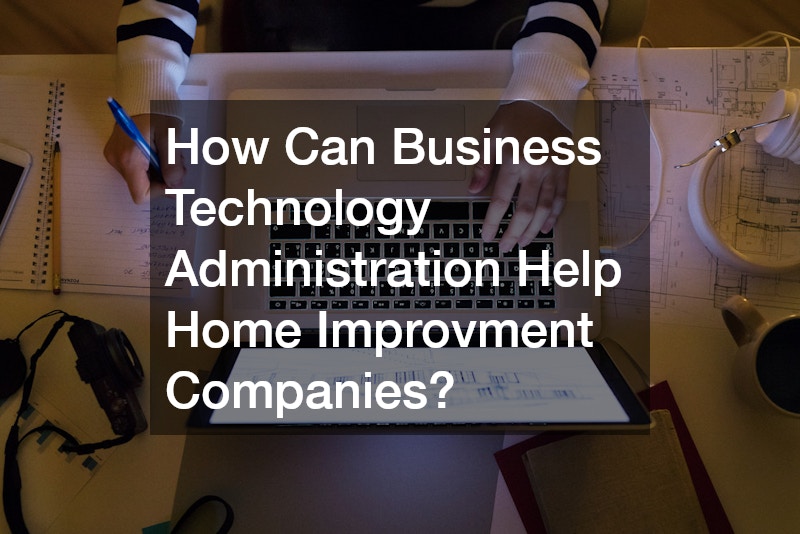Construction is currently having a good couple of years due to the increased demand for housing and other buildings across the United States. Companies are experiencing a surge of requests and contracts from interested clients who want to start various projects as soon as possible.
However, with an increase in business comes an increase in risk. Construction projects are one of the riskiest aspects of real estate development. It takes a lot of work, time, and resources. So, when something goes wrong, it can cause a lot of financial, operational, and construction-related headaches.
While the construction industry is booming in activities, it is important for business owners and project managers to be aware of the most common risks associated with construction projects. This will help them mitigate these risks as much as possible and hopefully avoid any potential disasters.
The risks associated with construction projects can be divided into three main categories: design and planning; construction phase; and project service delivery

Design and Planning Risks
The design and planning stage is where many of the risks associated with a construction project can be identified.
Incorrect calculations can lead to insufficient funds being available for the project, or worse, the project overrunning its budget. While some overruns may be unavoidable, they can often be minimized by good planning and project management.
Meanwhile, incorrect assumptions can cause delays and cost overruns. If the assumptions made about, for example, the availability of labor or materials are incorrect, it can cause serious disruptions further down the line.
Design changes can be expensive and time-consuming to implement, and may not be what the client wanted in the first place. The design should be discussed and finalized as early as possible in order for the construction crew to start work on the correct blueprint.
There is also the risk of legal disputes between the contractor and client, or between different contractors working on the project. Any vague claims or incomplete contract is a recipe for disaster and should be addressed as soon as possible.
Construction Phase Risks
The construction phase is where many of the risks associated with a construction project come into play. Flaws in the construction design can lead to costly and time-consuming rework. Poor workmanship can cause damage that needs to be repaired or replaced, resulting in delays and additional costs. Inadequate training can cause mistakes and even accidents.
Since the pandemic, globally, there have been shortages of materials used in construction which forces activities to pause. Managers should be on the lookout for these trends in order to keep projects on schedule. They should also ensure that backhoe loaders and other machinery are procured from sellers on time to avoid disruptions.
Lack of coordination between different contractors can also lead to problems. For example, if the electrician arrives before the plumber, the electrician may start work without waiting for the plumber, resulting in a wiring mess
The weather can also play havoc with construction projects. Unseasonable weather can cause delays, while extreme weather conditions can stop work altogether.
In addition, health and safety hazards need to be constantly monitored to ensure the well-being of workers on site. Injuries are common in the construction industry. Many workers get hurt from falling objects, mishandling construction equipment, or from working in hazardous conditions. There should be ample training and safety protocols in place to mitigate these risks.
When a worker gets hurt while on the job, it can lead to a loss of production, increased insurance costs, and even lawsuits
Project Service Delivery Risks
Once the construction phase is complete, the project still isn’t finished — it needs to be handed over to the client in a usable state.
If something has gone wrong during the construction phase, it’s likely that this will show up during final testing and commissioning. This can lead to the client refusing to take possession of the property, or even suing the contractor.
Moreover, there are risks associated with how the project is delivered. For example, if the contractor fails to meet agreed-upon deadlines, the client may withhold payment. Or, if the contractor fails to provide an adequate after-sales service, the client may be unhappy with the finished product.
As you can see, there are a number of risks associated with construction projects that need to be identified and addressed as early as possible in the process. By doing so, you can help ensure that your project runs as smoothly as possible — and that everyone involved remains happy and financially secure.








